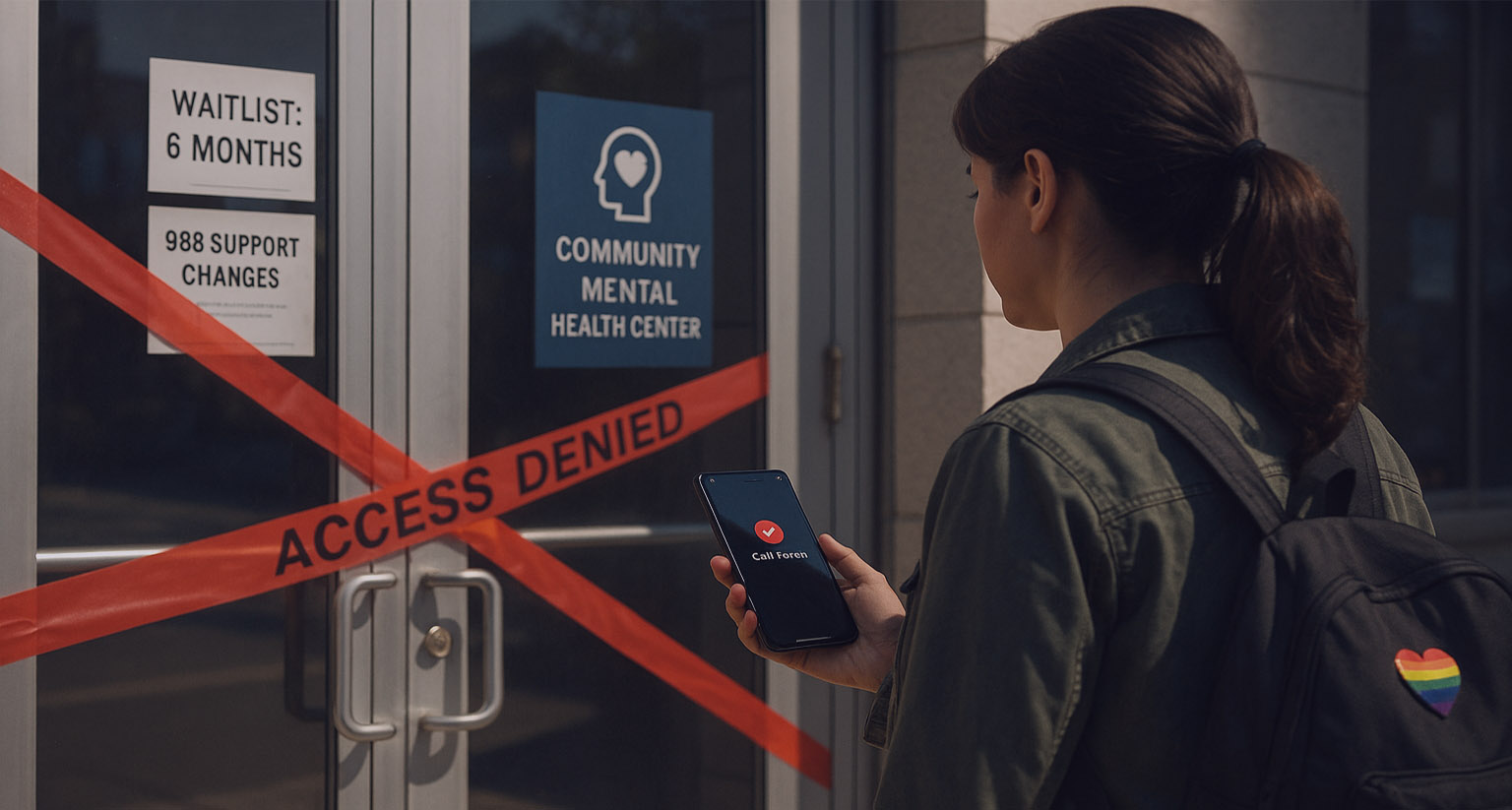By Marvin Ross
One of the recurrent themes of this blog is the disaster that is supportive housing. People with disabilities often require affordable supportive housing to help them cope with their disabilities and their limited financial resources. Sadly, mental illness does not get sufficient hospital beds or trained professionals in Canada compared to other advanced and enlightened countries. They also do not get adequate supportive housing.
We’ve done quite a few blogs and guest blogs on this issue with much of the focus being on Indwell Supportive Housing based in Hamilton. We’ve also put together two extensive reports on the problems – A Look Inside Indwell and Home Safe Home – But Not at Indwell. Be prepared to be shocked and angered with accounts of murders, assaults, drug use and more. Despite all that, governments still continue to ply them with millions with little to no oversight and unlike nursery schools, day cares, nursing homes and long term care facilities, there are:
No standards.
No rules, and
No inspections.
Between Sept 1, 2018 and March 31, 2023, Indwell received $134 .5 million from all three levels of government.
In one of my blogs, I did point out that the Ontario Auditor General a few years ago found a long list of deficiencies with supportive housing. What was crucial they said is:
“The mental health housing program serves a vulnerable group of the population. In order to ensure that agencies consistently deliver high-quality housing and support services to clients with mental illness, it is critical that the Ministry appropriately monitor(s) these agencies ….. We found that the sector still lacks outcome data decades after this was raised as an issue. As well, there is no provincial aggregation of client satisfaction surveys, complaints, serious incidents and best practices to identify practices worth sharing and areas needing intervention.”
Nothing was done! Millions is still given to agencies to do “who knows what to whom”
Recently, the City of Ottawa Auditor General put out their own report on housing which I found to be quite sensible. They correctly point out that supportive housing is “a community-based, person-centred model of providing affordable, transitional, and permanent accommodation that provides a range of services and supports based on an individual’s needs”. In supportive housing, housing and supports are both provided, with staff members providing various levels of support within the facilities
Supports, they said, can range from light-medium touch supports (whereby support staff visit the resident on a weekly basis) to 24/7 on site supports and can include but are not limited to: assistance with life skills, assistance in maintaining housing and health and wellness services.
There are, they point out, three levels of support. Tier One provides 24/7 staff onsite, primary health care onsite and case management services. Tier Two adds in medication management and tier three just case management.
The audit found that “without adequate supports, residents are at greater risk of not being able to maintain and retain their housing, potentially leading to eviction and re-entering homelessness. At this point, many of the challenges are outside the control of the municipality causing the City to be in a state of constant reactivity and the inability to holistically meet the needs of the residents of Ottawa.”
Further, Ottawa like other jurisdictions, has not established baseline standards for the provision of supports within supportive housing facilities. This results in inconsistencies and varying formality across service providers. Finally, the audit found that the City is limited in the ability to holistically understand and assess whether its investments in supportive housing are “moving the needle”. The City has not established any outcomes and has limited measures to assess progress and, overall, lacks the necessary data to support decision making as it relates to supportive housing.
Sadly, to the City of Ottawa’s shame, they are in good company. There are no standards and no oversight anywhere that we’ve been able to find. People suffer and tax money is wasted.
My very first blog on the topic was The Pitfalls of Supportive Housing – Part One about the murder of a resident at Indwell’s newly opened Parkdale Landing in Hamilton. The victim’s hog-tied body was eventually found in his bathroom while residents did drugs in the apartment. My son had just moved in and this took place across the hall from him. It was the start of a long list of horrors involving assaults, thefts, drug deals and fights.
After the criminal trial and sentencing, the Hamilton Spectator did an expose including eye witness reports from my son and data I obtained under Freedom of Information from the police. From my blog from “Sept 2018 to February 24, 2022, there were 1,261 emergency calls to the building or one per day. The most frequent was ambulance. 103 criminal charges were laid mostly for fail to comply with a probation order and there were seven deaths – one murder, two suicides, two overdoses, one natural causes and one undetermined but likely an overdose.”
In the newer building next door that my son moved to after my lawyer wrote to Indwell, police calls were a bit less. From December 2020 to February 24, 2022, there were 302 emergency calls, 21 criminal charges mostly fail to comply and no deaths.
At their building in Mississauga, Ontario, which opened in 2022, there were 39 calls under the Mental Health Act which I found relevant. If adequate supports are provided by Indwell as they claim, why could staff not notice people were deteriorating and deal with it before the police had to be called. The police should not need to be involved. There were also 36 calls dealing with violence of which 6 involved weapons dangerous.
One tenant who has lived for 3 years in an Indwell building in Hamilton told us this:
For most tenants, they’re here 24/7 but that is not the same for me. I work 4 days a week, so much of the day time at the building, I don’t see, but I do hear some of the things that happen. In the evening, when staff are no longer here, that’s when most of the troubling chaos happens. Outside of office hours, the problematic people do their thing because they know that staff aren’t here and won’t really acknowledge issues unless these incidents involve any Indwell related property.
I’ve had my own personal property messed with or stolen, proactively made police reports, as well as notify staff. While they say that they are working on these issues, sometimes…it’s not even noticeable. It’s taken a violent physical incident for one tenant to be removed, countless (victims) have resorted to moving out and dealing with unaffordable rent prices to get away from these problems. Some of us, like myself have decided we are no longer going to be a victim, and will do what we need to do to protect ourselves.
When it takes an insane amount of time to remove or resolve these issues, whether it’s done by Indwell staff, the higher ups, the city, or the province- it’s incredibly frustrating and unpleasant for us to have to basically tolerate the violence or threats, or regular occurrences of theft and drug deals, until the “LTB” (Landlord and Tenant Board) approves an eviction.
Changes need to be made, more transparency, more accountability and a hell of a lot more communication between Indwell (as a whole) and tenants throughout. Please make the decision to communicate with tenants and ask us for opinions or suggestions on anything that involves our buildings, our homes! We live here, we pay rent and keep Indwell basically financially running. We should have some say in some solutions or changes that occur to our community.
If we really want to deal with homelessness effectively, we need to provide a great deal more care for people who are sick, more affordable supportive housing that is regulated and inspected or nothing will change but will get worse. And scarce tax dollars will continue to be wasted.










